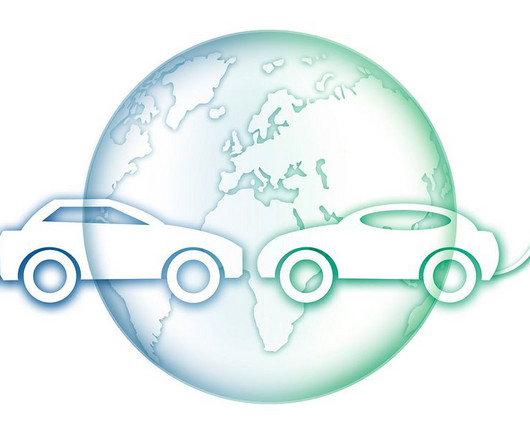Light-powered nano-bio hybrid organisms consume CO2, create plastics and fuels
Green Car Congress
JUNE 11, 2019
University of Colorado Boulder researchers have developed nanobio-hybrid organisms capable of using airborne carbon dioxide and nitrogen to produce a variety of plastics and fuels, a promising first step toward low-cost carbon sequestration and eco-friendly manufacturing for chemicals. Ding et al. —Ding et al.








































Let's personalize your content